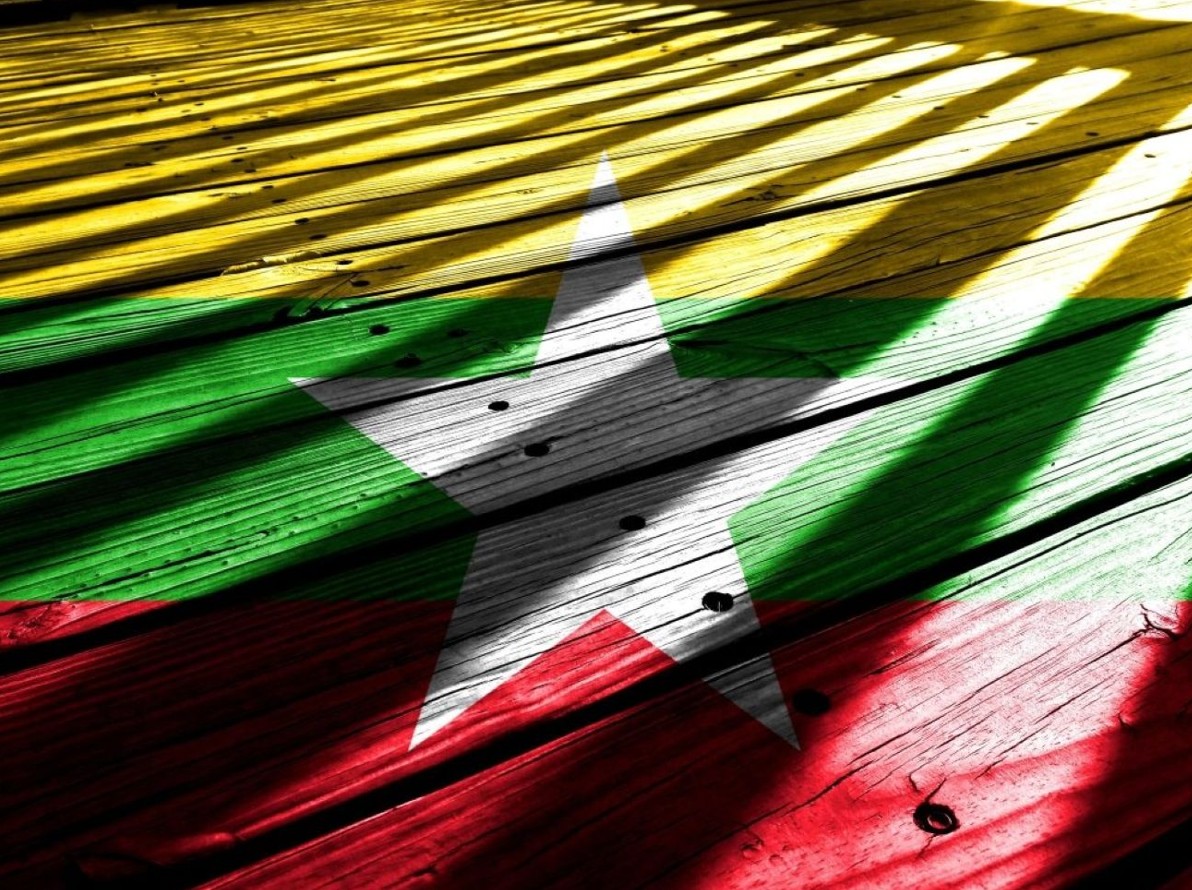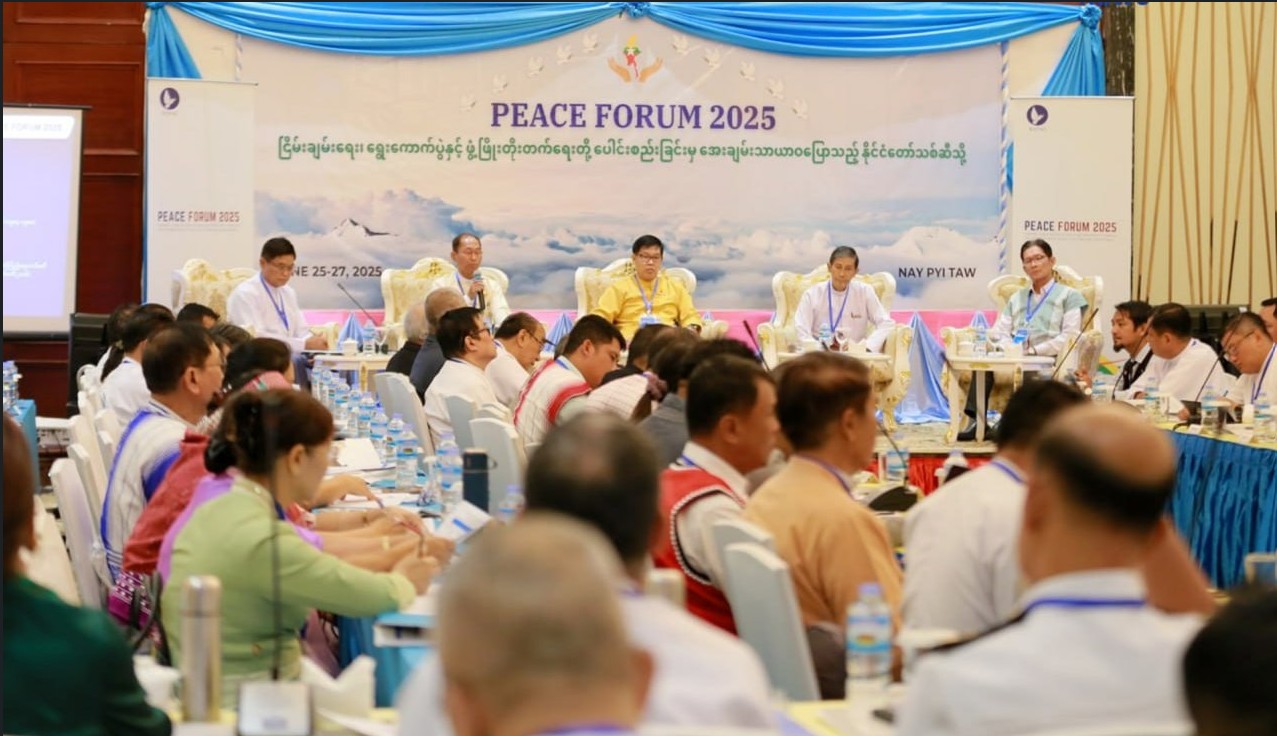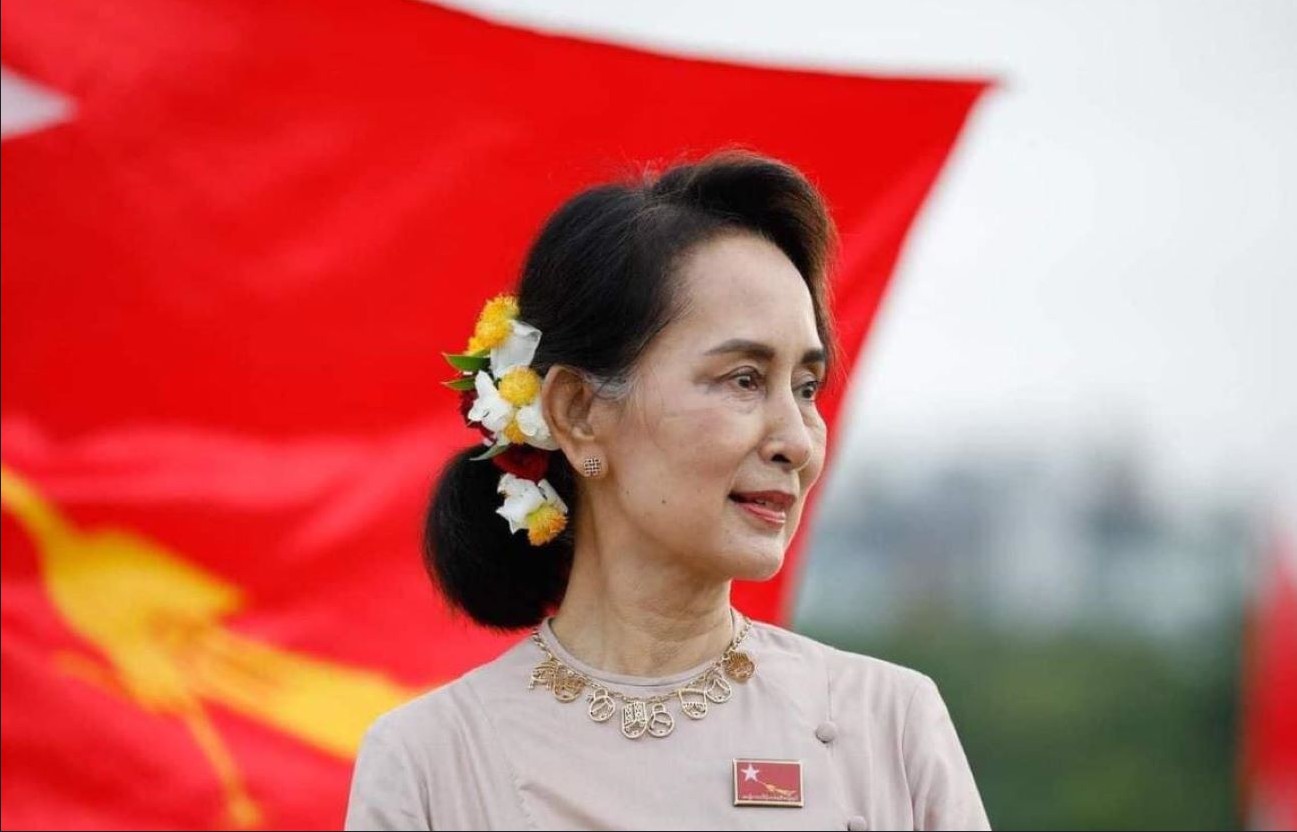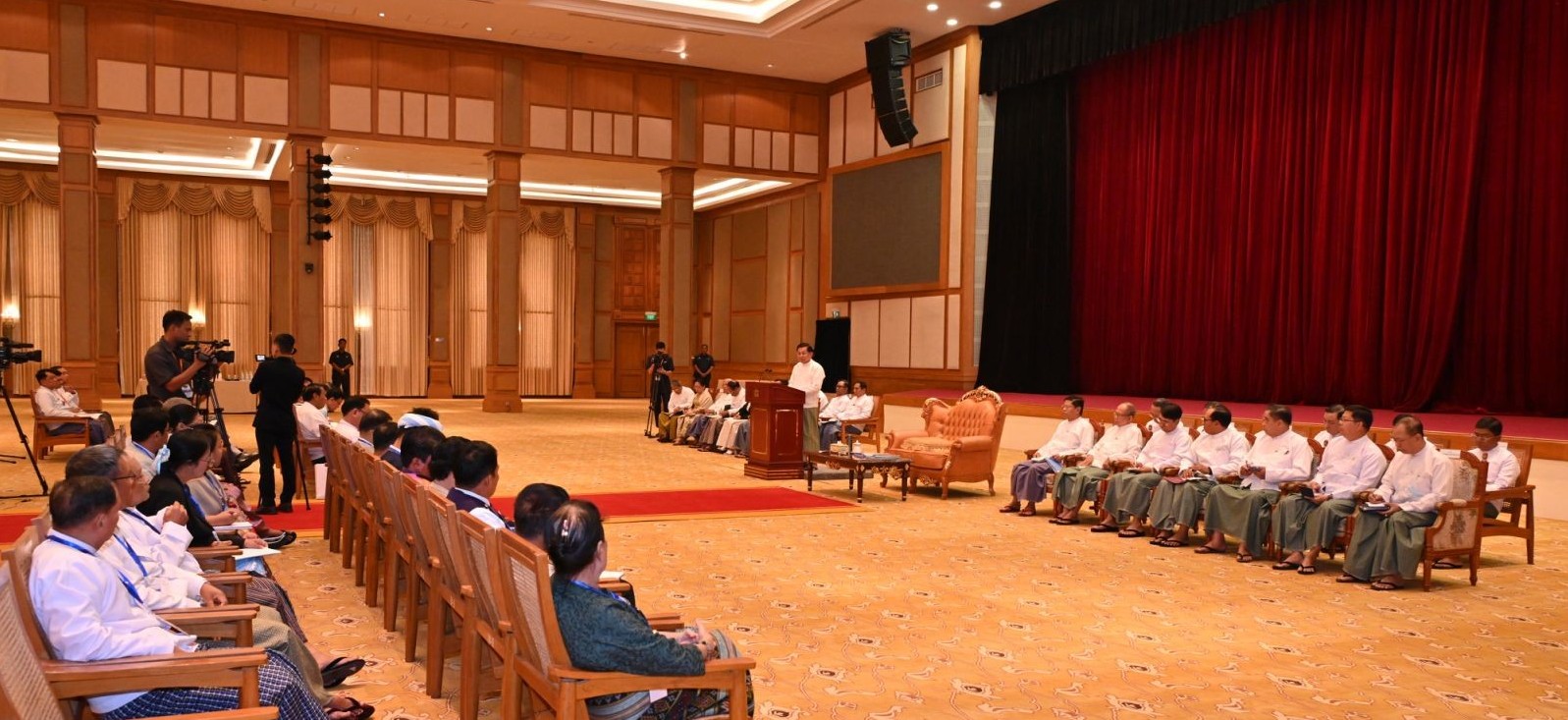CNI News
20 July 2025
The Myanmar Tatmadaw overthrew the NLD government on February 1, claiming that the NLD attempted to form a government without solving the vote list dispute that took place in the 2020 general election and declared the state of emergency and has been ruling the country.
Then, a political crisis emerged and armed revolutions aiming to overthrow the Myanmar Tatmadaw and the SAC have arisen. Due to the political crisis, the establishment of democracy and federalism have been far away.
Therefore, the SAC is planning to hold elections in December 2025 and January 2026, and has said that state power will be handed over to the party that wins the elections.
CNI News Agency interviewed Sai Nyunt Lwin, chairman of the Shan Nationalities League for Democracy (SNLD), who has decided not to contest the upcoming elections, while urging them to conduct dialogues regarding these situations.
Q: Do you think it is possible to rebuild democracy in Myanmar now?
A: Most organizations have been saying that they will rebuild democracy until now. In reality, it is not easy to predict how it will turn out. Since the rule of law and stability have not yet been established, it must be said that restoring democracy is a distant dream.
Q: How far do you think the federal union that non-Bamar ethnic groups are demanding has been away while democracy is collapsing? What is your opinion on the view that if democracy is not achieved, federalism is also impossible?
A: All the organizations, big and small, involved in the current problems are saying that they will build a federal democratic union. Almost all the opposition organizations are shouting that they will build a federal democratic union.
The strange thing is that this point is the same between the two groups that are fighting against each other. It's like they're fighting with each other with the same goal. It is true that it is very difficult to establish a federal union without democracy.
Democracy is also related to the rule of law, so it is true that the current situation in Myanmar is very far from restoring a democratic system with the rule of law.

While seeing the Myanmar national flag
Q: Now Myanmar is in a state of collapse and the various groups concerned are not trying to maintain this situation but are only trying to gain power. Meanwhile, what is the way to regain control of the situation by taking the people's support?
A: Our Three Main National Causes in Myanmar: non-disintegration of the Union, non-disintegration of national solidarity, and perpetuation of sovereignty are showing cracks. It can be said that the unity of the local elements has been broken. It is really sad. Each relevant group is only focused on winning the war and gaining power.
The resentment and hatred between the two sides are also intense. The people are also suffering from various kinds of problems and are struggling with their own problems. I find it difficult to harness the power of the people. So far, there has been no clear person/organization that can harness the power of the people and save the situation again.
Looking at the current situation, the military approach is leading. The political approach has been left far behind for many years. It is necessary to reduce military means and step up political means.
Looking at the current situation, the military approach is leading. The political approach has been left far behind for many years. We need to work to reduce military power and increase political power.
In practice, we haven't seen even a hint of improvement in politics. To reform the situation by harnessing the power of the people is not possible through military means, but only through political means. Currently, political means have been dim because it is not allowed to be implemented.

While a peace forum was being held
Q: They are talking about elections as a way out of Myanmar politics to restore democracy and build a federal union. Do you really think that holding elections will restore democracy and federalism? Isn't there any other way than elections?
A: The elections scheduled to be held in December are not a way out for the people. It is difficult to say that the elections are free and fair because the situation has been planned in order that the party that won in the 2020 general election cannot participate.
If we are going to hold a free and fair election, there needs to be an environment that is conducive to it. I don't think that's the case at the moment. In my opinion, the only way out for the country is through an election that is held in consultation with and agreed upon by the majority of key stakeholders.
It is said that there have been 43 agreements after the NSPNC discussed with some political parties. But since they are kept secret, how can the public vote based on the “agreements”? It is said that elections should be transparent, right? It is impossible to say that simply holding the upcoming elections successfully will mean that democracy can be restored and a federal union can be built.
It is impossible to say that simply holding the upcoming elections successfully will mean that democracy can be restored and a federal union can be built. Everybody knows it. The only other way, other than elections, is to use political means, namely national reconciliation.
In a time when war and hatred are so great, those who urge to hold a bilateral dialogue are opposed in the sense that they should be given the death sentence. No one dares to say it. The country suffers and will suffer.

Daw Aung San Suu Kyi
Q: What would the situation in Myanmar be like if elections were held?
What would the situation be like if elections were not held?
A: If the election is held without any significant opposition, most of the members of the parties that are friendly to the military will come to the Hluttaw. The Hluttaw will be the one to make/repeale/amend laws.
The use of funds will also have to be discussed and decided in accordance with the law. A civilian government that includes retired generals will emerge and be declared the De Jure government. But the armed resistance organizations will not stop. They will grow even more.
The new civilian government will have to deal with armed resistance groups. The question is how much they will be able to reduce the military approach and shift to a political approach. How to make the territories participate in the Union again is another question.
Another thing is that a great failure will emerge if opportunists are included in the government. If elections were not able to be held as planned, the war could be bigger than now. If the political means could not be used, the military means would be focused.
Except for a dialogue that includes most stakeholders for the sake of the country, there is no other means.

While seeing the SAC Chairman and representatives of political parties
Q: As the last question, some consider that the government that would come to power if elections were held could face more difficult situations. What crises could the government face? What kinds of agreements should there be in advance to prevent such crises?
A: Because the Hluttaw will emerge, legislation and spending will be much slower than now. The government will have to face and overcome criticism and objections. Since there has been no negotiations with the opposition (so far) before the election, the government cannot prepare for a crisis. There is no other option but to face it.
If the government that will come to power includes self-interested people, it will be in dire distress. I think that the current situation is that they are just trying to completely root out each other.




